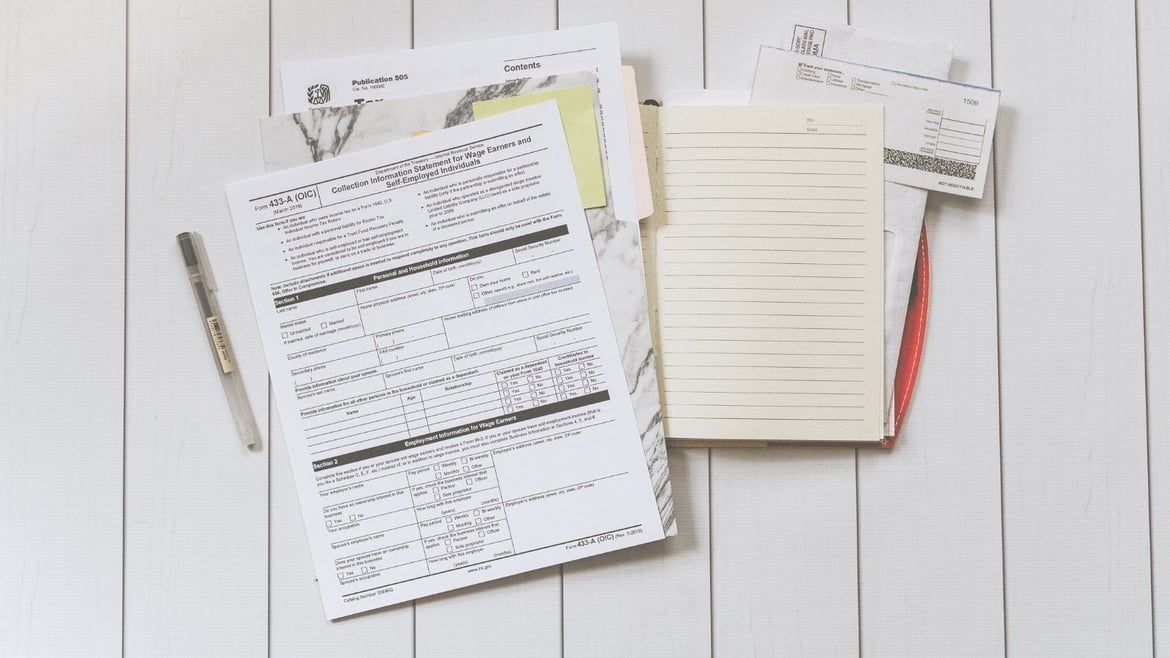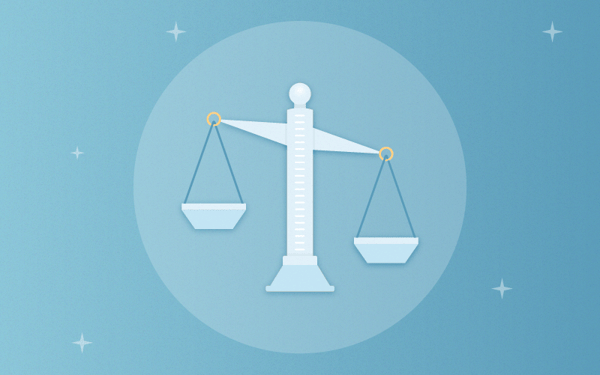If you're a UK resident currently receiving money from abroad, or planning to make a foreign income in the near future, there are a few tax-related implications to consider. Whether you're renting out a holiday home, receiving a salary for work overseas, or have foreign investments, you need to understand your tax obligations. This article covers what Her Majesty's Revenue and Customs (HMRC) views as foreign income, along with useful pointers to help you make the most of your overseas investments.
Whenever you send money overseas, you have to take into account exchange rates, transfer fees and delivery times. With CurrencyFair, when you're transferring money to pay overseas tax, our lower-margin FX rates offer bigger savings and our world-class customer service will take care of you when you need it.
What counts as foreign income?
A foreign income is considered any money you receive from outside England, Scotland, Wales and Northern Ireland. UK residents will usually need to pay tax on any income arising from the activities covered below.
According to HMRC, UK residents are classed as having:
- Spent 183 days or more in the UK during that tax year.
- Owned or rented your only home for 90 days or more in the UK, and spent at least 30 days there
Rental income from overseas properties
If you have a property abroad or are planning to purchase one, you should be aware that it may come with a tax bill in the UK. UK residents with a rental income from a property in another country will most likely have to pay tax on it, possibly in both the UK and in that other country. However, there are agreements in place between the UK and certain other countries, to prevent double taxation. We'll cover this in a little more detail later in the article.
Tax on rental income is due whether your second property is a holiday home that you let to tourists or an investment property that you rent to locals. Or perhaps you're living abroad in the UK and renting out your property at home, for example if you're a UK resident from another country. If you're required to pay tax on an overseas property, you're taxed in exactly the same way as you would be on any UK properties.
Foreign investments and savings
If you have any overseas investment income, then you'll need to declare it to HMRC. Examples of such income might be:
- Savings in overseas bank accounts.
- Gains from overseas assets such as a house or stocks. For example, you'll need to pay Capital Gains Tax (CGT) on any overseas property sale.
- Stocks or shares in foreign companies.
You'll need to declare your investments as usual, as part of your Self Assessment.
Salary from work overseas
If you receive earnings for work carried out in another country, then you may be required to pay UK tax on them. Even if this is for UK-based employment, or the wages are paid from the UK. This is also the case if you run a business in another country, and receive profits or a salary.
There are some exemptions if you work both in the UK and overseas. For example, you may qualify for a foreign workers' exemption if:
- You earn less than £10,000 from an overseas job.
- You earn less than £100 from other (non-employment) income.
- All of your foreign income is subject to foreign tax.
- Your combined foreign and UK income is within the band for basic rate Income Tax.
If you qualify for this exemption, then you won't have to pay UK tax on your overseas income. There are also exceptions for people who work on a ship, in the offshore gas or oil industry, for the EU or government, or as a volunteer development worker.
Tax on overseas pensions
If you've worked abroad for some or all of your career, then you also may need to pay UK tax on any overseas pension payments and lump sums you receive back in the UK. Your specific tax position can vary significantly depending on a number of factors including when and where you contributed to the pension, and whether the UK has a Double Taxation Agreement (DTA) with that country. Some DTAs specify how pension income should be taxed between the two countries - in certain cases it will be taxed in the UK, in others it will be taxed in the country where the pension was accumulated.
Overseas pensions can be extremely complicated, so it's best to check with HMRC, or your pension provider, to find out exactly how you'll be taxed on your foreign pension payments.
Exceptions to paying overseas tax
There are a few cases in which you won't need to pay tax on your foreign income. For example, if you only have under £2,000 of foreign income and keep it abroad. We've included a couple of other caveats below.
Double taxation agreements
DTAs are agreements between the UK and other countries, that prevent you from being taxed on the same income twice. Depending on the agreement, you can apply for either partial or full relief before you've been taxed, or a refund after you've been taxed. This is called Foreign Tax Credit Relief. You'll need to examine the specific relevant DTA to find out how much relief you're entitled to.
Not a UK resident
Another exception is if you're living in the UK with a permanent home abroad, in which case you may be considered a “non-domiciled resident“ and different tax rules apply. In this case you may not need to pay UK tax on your foreign income, or the amount of tax you have to pay may depend on whether or not you bring money or assets into the UK.
Exchange wisely
Finally, whatever you believe your tax status to be, it's always best to check your situation directly with the HMRC or an Independent Financial Advisor. And make sure you don't get caught out by hidden fees and unexpectedly high rates when you exchange currency between the two countries. With CurrencyFair, you can send money overseas at better exchange rates, with no hidden fees. Save money when paying foreign tax in another currency with our lower-margin FX rates, world-class customer service and multiple-currency accounts. Sign up for a CurrencyFair account today to get started.
Paying overseas taxes? Save money when you send money with CurrencyFair's low-margin FX rates.
Disclaimer: This article is for general information purposes only and does not take into account your personal circumstances. This is not investment advice or an inducement to trade. The information shared is for illustrative purposes only and may not reflect current prices or offers from CurrencyFair. Clients are solely responsible for determining whether trading or a particular transaction is suitable. We recommend you seek independent financial advice and ensure you fully understand the risks involved before trading. Leveraged trading is high risk and not suitable for all. Losses can exceed investments. Opinions are the authors; not necessarily that of CurrencyFair or any of its affiliates, subsidiaries, officers or directors.
Photo by Kelly Sikkema on Unsplash













